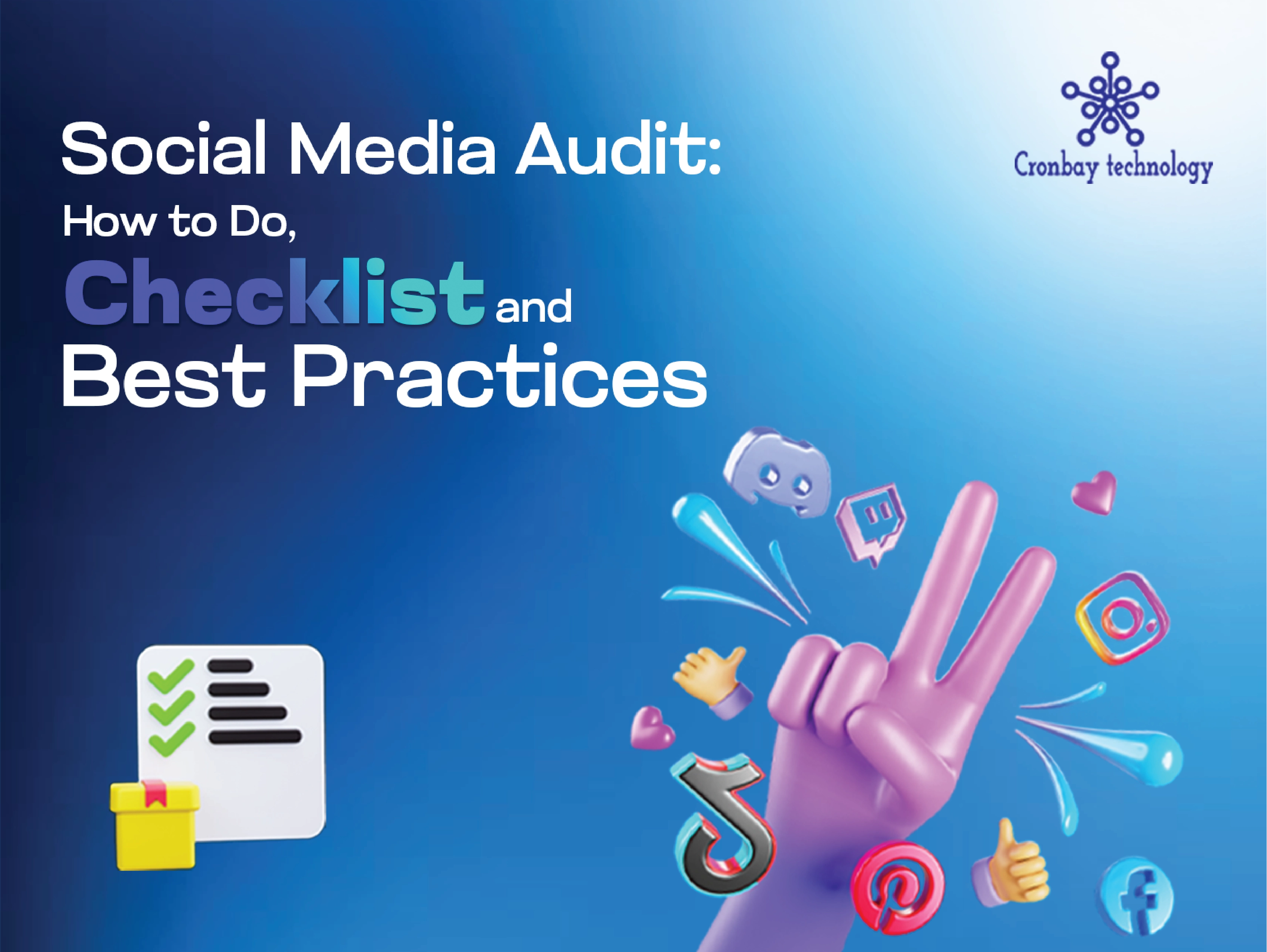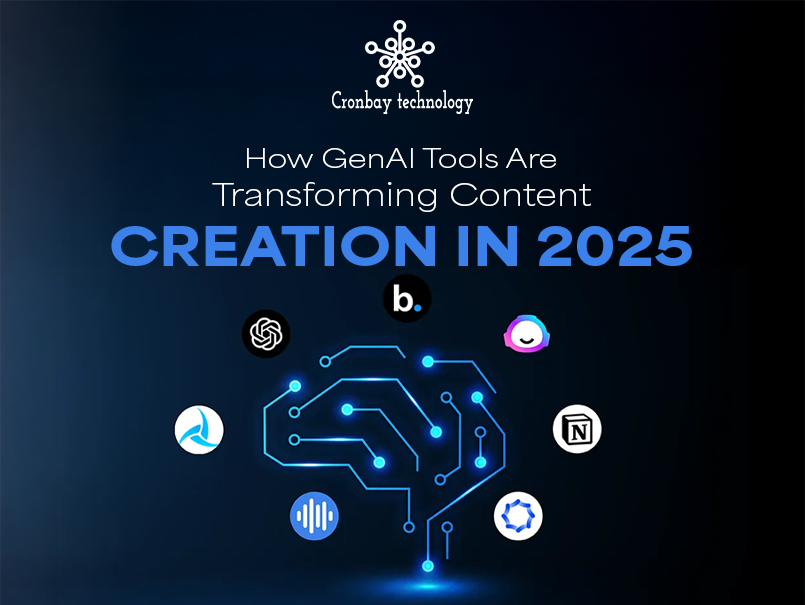BERT is a Google algorithm modification that affects businesses significantly. If you understand BERT, you may get an advantage over your competitors and set yourself up for future success in the search market. According to State of SEO 2019, 97 per cent of marketers believe in the significance of SEO—up from 88 per cent last year, so there's a lot of talk around the recent Google upgrade.
As a result of Google BERT, marketing organizations will have to rethink their SEO tactics if they want to stay competitive. To better understand Google BERT and how it will affect SEO, this article will explain BERT and its significance.
What Is Google BERT?
Before we get into the specifics of what BERT is, it's important to understand what BERT is. "Bidirectional Encoder Representations from Transformers" is the abbreviation for "BERT."
AI-powered language models that make up BERT are referred to by these names. For this reason, Google chose to shorten the name of it.
The question remains, though, what precisely is Google BERT?
An artificial intelligence system called BERT is being used in Google search results. The goal of Google BERT, despite its complexity, is clear. It helps Google better comprehend the context in which you conduct your search queries.
Every word in a search query is processed in connection to all the other terms in a phrase using AI in natural language processing (NLP), natural language understanding (NLU), and sentiment analysis.
How Does BERT Impact SEO?
For your e-commerce firm, what does the acronym BERT mean? How does it impact SEO? Businesses need to rethink their SEO tactics in light of the BERT model, which affects both search results and highlighted snippets on SERPs (search engine results pages).
Google's search engine can now interpret conversational inquiries due to BERT to enhance the user experience and make it more natural. It now takes into account the purpose of the questions. There is no longer a restriction on the order in which keywords appear. Keywords and phrases are significant in most search engine optimization (SEO) campaigns. Businesses worry that their SERP rankings may suffer as a result, especially if a term they targeted is included.
Search engine optimization is not going to be penalized by Google's BERT. However, it strives to provide the most relevant and informative results based on a user's query. Because of this, firms that fail to deliver an appropriate solution may suffer.
Can you optimize for BERT?
Because there is "nothing to optimize," Google says, it is impossible to optimize for BERT. SEO, on the other hand, has means of analyzing an algorithm update in a creative and unique approach that enables us to come up with ideas that will assist our site in negotiating Google's ever-changing algorithms. The following are some (easy) ideas to help you with the latest BERT upgrade. Take these into consideration as you optimize-
- Simpler and Concise Material
This has nothing to do with word count and everything to do with writing to address a user's question. To this day, Google's guidelines for website content state that we should write for humans, not robots. There are, of course, some webmasters who place a premium on the "technicality" of their material.
- Topic Clusters
With subject clusters, search engines will see your authority and influence across a wide variety of long-tail keywords, which will ultimately exceed the traffic you get from a small number of high-traffic, high-difficulty keywords for which you are now ranking well.
- Choose Your Keywords and Search Terms Wisely
For SEOs, BERT is a significant problem since this upgrade is not about how Google perceives web pages' content but what precisely a person is searching for. That implies that for SEOs, the most important thing is to be more precise about the queries or questions your content aims to address.
How will BERT affect you?
Google's new search algorithm prioritizes providing users with more relevant results. You don't need to change anything if you've already been crafting your material for the user and not the search engines. Whenever BERT thinks your material is the best response to a search query, it will pick it up.
There is nothing you can do to improve BERT's performance. A content audit can be necessary for those who haven't checked up on their material in a while. In some instances, there may be potential for Featured Snippets or improved answers to customers' queries.
Monitoring your website's statistics may have shown changes in some of your page ranks. As a consequence of Google's new algorithm, this data might help you figure out what material you should focus on now.
How do BERT works?
The words (or their sub-words) are examined in connection to each other in a particular text using BERT's attention mechanism, the Transformer. An encoder and a decoder are also included in the transformer mechanism, which aids in interpreting the text input and creating a task prediction. BERT, on the other hand, is primarily concerned with creating a language model. Thus, the encoder mechanism is all that is required.
BERT uses a unique approach called the Masked LM (MLM) instead of attempting to anticipate the next word in a phrase by looking at the randomly masked words. Models may be made to stare in both directions when they are masked. To figure out what the masked words mean, it looks at both the left and right sides of the phrase.
What are the disadvantages of BERT?
Every algorithm has both excellent and terrible outcomes. Both positive and terrible effects might be expected from the algorithm's users. By selecting articles with high keyword density, Bert Algorithm will completely comprehend user queries and deliver relevant replies based on Google's characteristics for Bert Algorithm.
To do so, Google Bert Algorithm will need an in-depth knowledge of query and content language. This presents a problem. Furthermore, it is estimated that the Bert Algorithm will affect 10% of all search queries, which is very high.
Why is BERT so important?
Natural language model BERT provides several properties that are essential for comprehending online content:
- Using unlabeled text as a training ground
BERT uses unlabeled text for bi-directional learning. As a result, it understands text cohesiveness by analyzing a significant body of work and then honing its memory with smaller assignments while simultaneously learning for itself.
- Contextual models that operate in both directions
Words that might be unclear can be identified thanks to BERT's architecture. Focusing on one word determines the complete sentence's context around that word.
- Masked Language Modelling
Some words in a phrase are randomly obscured by the BERT architecture, which attempts to decipher the concealed words.
- Textual entailment
It's great that you have Google, but it always answers your questions before you get a chance to enter them in. BERT's textual entailment feature is the reason behind this.
Final Thoughts
BERT isn't a huge thing, given Google's history of releasing upgrades to improve its consumers' search experience. Recent upgrades all concentrate on giving valuable, informative, authoritative, expertly-curated, and correct information/answers to the user.
In addition to the Featured Snippet cards, BERT is not yet extended to international search markets. However, as time passes, Google has no reason to stop applying it to global markets for search in other languages. So, if you are looking for professionals to help you out in this disregard, click here and book your appointment right here.
Frequently Asked Questions
Q1. Is BERT taking the place of RankBrain?
Ans. RankBrain was Google's first artificial intelligence computer that evaluated new search keywords and understood the intent of search requests. Aiming for the same thing as BERT, RankBrain seeks to comprehend natural language search queries better to provide more precise search results. On the other hand, BERT is not replacing RankBrain, but rather enhancing the user experience by operating alongside it.
Q2. Why is BERT considered the best?
Ans. Previous natural language processing (NLP) methodologies, such as embedding methods, do a poorer job of understanding homonyms' meaning than BERT. This is because BERT practices predicting missing words in the text and also because it analyses every sentence without any specific direction.
Q3. Is BERT Artificial Language?
Ans. The corporation uses an artificial intelligence language model, Google BERT, to generate search results. Even though it's a complicated concept, Google BERT serves a very specific purpose. It provides the search engine with a better understanding of the context around your queries.





